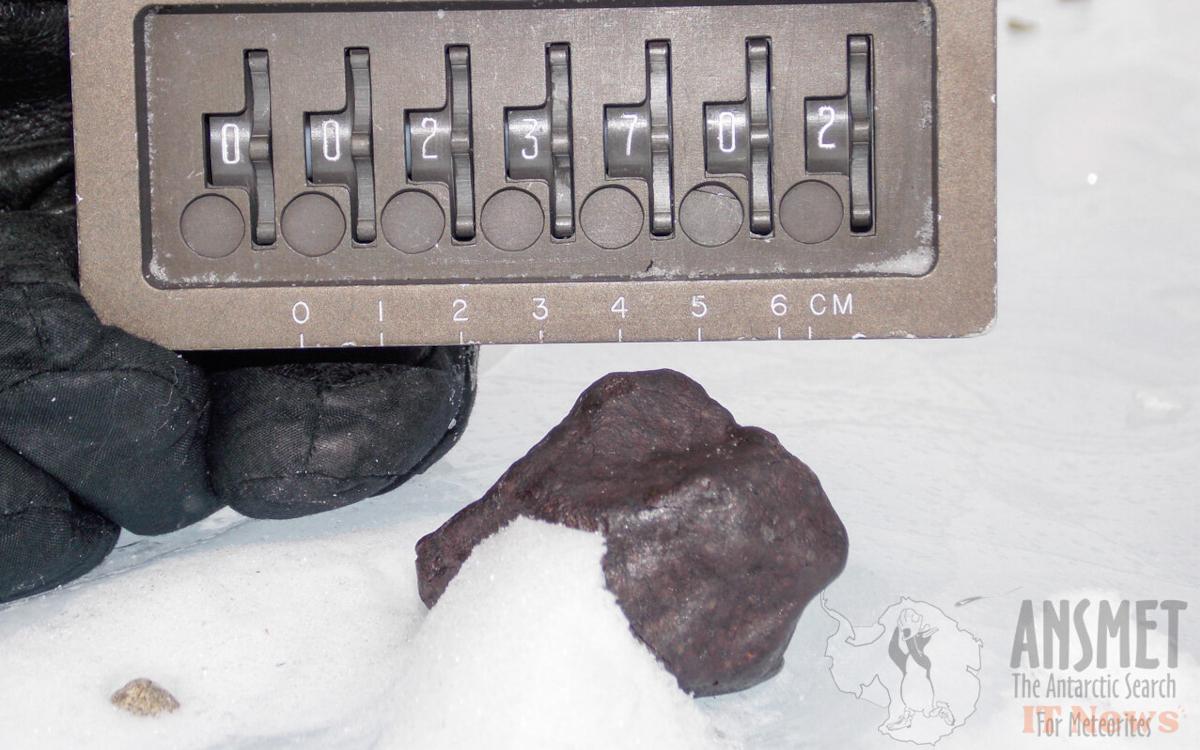A discovery in Antarctica could challenge a long-held theory. A meteorite reveals that our planet may have made its own water. This scenario would revolutionize our understanding of how Earth formed.
For decades, scientists thought that Earth's water came from space. It would have been brought by asteroids or comets during impacts on the young Earth. This idea is explained by the fact that the rocks that formed our planet, called enstatite chondrites, do not contain water. But a new study suggests that it could contain a key ingredient for forming water: hydrogen. What if our blue planet didn't need cosmic delivery to fill its oceans? Researchers studied a meteorite found in Antarctica in 2012, belonging to the enstatite chondrite family. Using a precise analytical technique, they detected significant traces of hydrogen sulfide in the rock's structure. This means that it does indeed contain it, trapped in chemical form. If the Earth formed from this type of material, it could have generated water by reacting with the oxygen present on its surface. This hypothesis could explain why it is so abundant on our planet, despite supposedly arid initial conditions.
The Earth could have produced its own water
This scenario calls into question the impact theory from outside the inner solar system. If the Earth already possessed the elements necessary to produce water from its formation, this makes conditions favorable to life much less rare. According to the study, this hypothesis could also apply to other rocky planets, including those in other star systems. This precious liquid would then be a natural consequence of planetary chemistry, and not a fluke due to collisions. Researchers even raise the possibility that the ingredients for life are much more widespread than previously thought.
But some researchers remain cautious. They point out that meteorites recovered from Earth can be contaminated by water in the atmosphere or ice. To validate this discovery, it would be necessary to analyze a freshly fallen sample, preserved in an environment without oxygen or humidity. In the meantime, this study reignites a decades-old debate: did Earth already have everything it needed to become a blue planet? One thing is certain: this meteorite, billions of years old, will continue to be talked about.




0 Comments